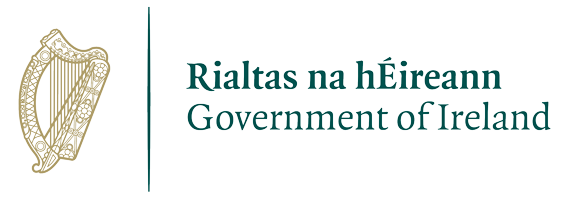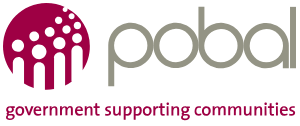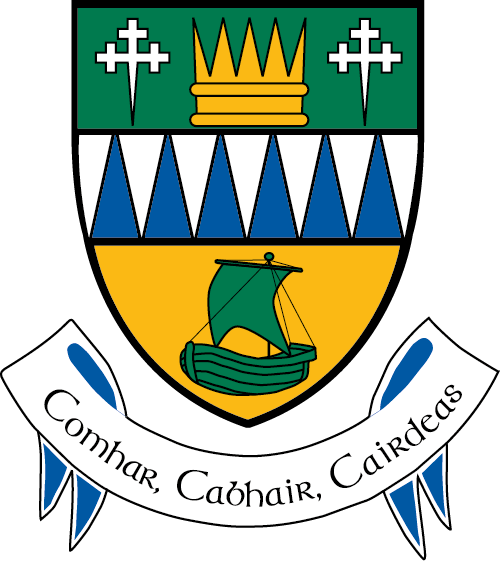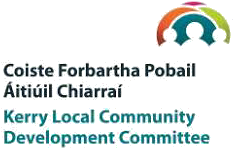After completing Junior Cycle in lower secondary, most students in Ireland take the optional Transition Year (TY) programme. On completion of this one-year programme, they participate in a two-year leaving certificate programme after which they may continue their studies or enter employment.
There are three leaving certification options available for students. The majority of students follow the Leaving Certificate or the Leaving Certificate Vocational Programme (LCVP), which are very similar, except that LCVP students study two vocational modules in addition to their leaving certificate subjects. Some students choose the Leaving Certificate Applied (LCA) which is a practical or vocationally orientated programme.
What happens in Transition Year?
Transition Year programmes are designed at school level and based on a multi-layered approach that
includes:
- Core layer: this includes English, Irish, Mathematics, Relationships and Sexuality Education (RSE) and Physical Education (PE)
- Subject sampling layer: this could include, for example, the sciences, technologies, arts and business
- School designed modules: examples of these include a mini-company, social enterprise
- A calendar layer: this includes work experience and/or visiting speakers.
How do students learn in Transition Year?
In TY teachers promote learning and assessment that is:
- active, inquiry based and includes practical activities that enable students to demonstrate skills and knowledge;
- collaborative and includes pair work and group work in order to further develop student interaction,
peer relationships and engagement so students can learn from the ideas, perceptions and opinions of others; - supported by the use of digital technologies and maximises opportunities to develop students’ digital and communication skills
- balanced in providing cross-curricular links and learning experiences that support the four layers of the programme.
Work experience
It is expected that students complete work experience in a workplace environment, which ideally also includes placements in voluntary or community settings. Generally, the onus is on the students themselves to explore, research and access work experience.
Where students encounter difficulties in sourcing work experience they can seek the support of the school in sourcing placements or the school may provide some alternative options, including Education partnerships, Mentoring and Online training.
Information on Transition Year for Students/Parents/Guardians – Infographic





